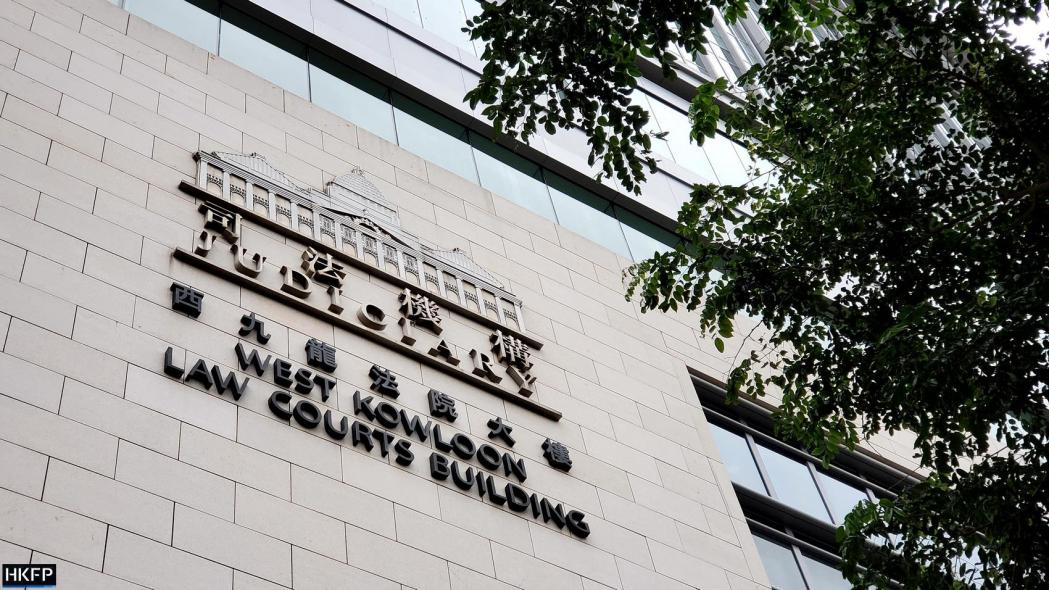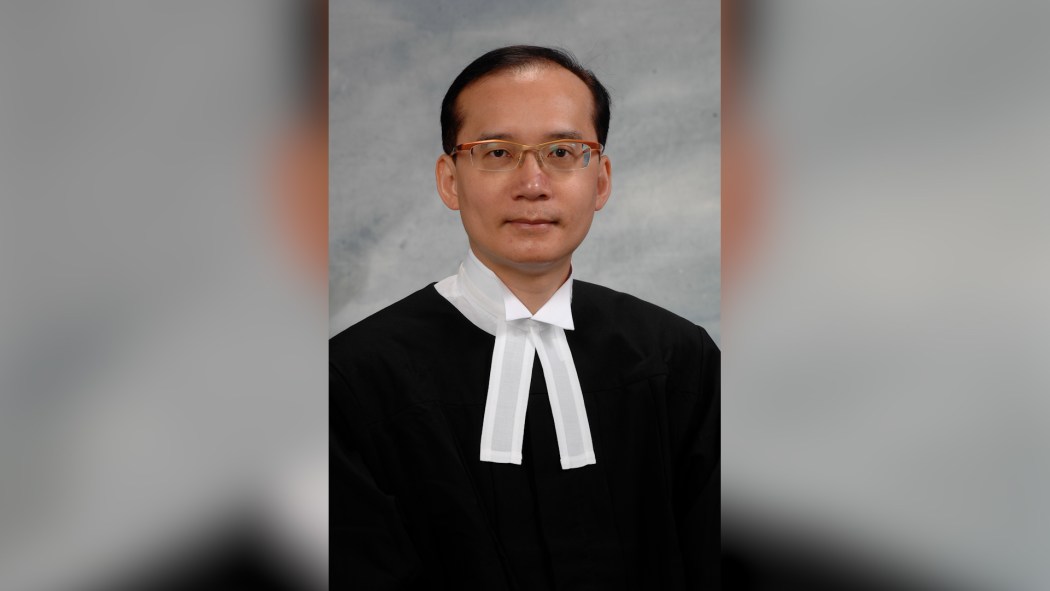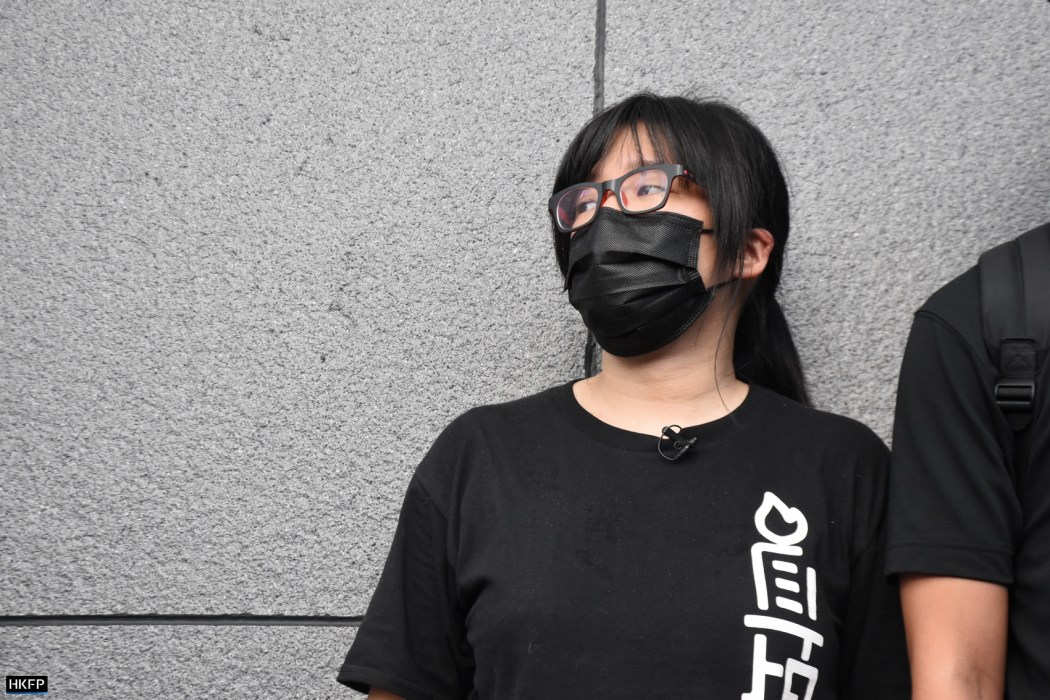The inquiry into the strength of the national security case against Hong Kong activist Chow Hang-tung will be held in open court, a magistrate ruled on Wednesday, with the public allowed to attend and journalists allowed to report on proceedings.
Principal Magistrate Peter Law, one of the city’s hand-picked national security judges, made the ruling after Chow, the former vice-chair of the group that organised the city’s annual Tiananmen vigils, argued that the preliminary inquiry should be open. Law also lifted reporting restrictions on committal proceedings for the high-profile case.

Chow, along with the Hong Kong Alliance in Support of Patriotic Democratic Movements of China, and two of its former leaders, ex-lawmakers Lee Cheuk-yan and Albert Ho, have been charged under the Beijing-imposed national security law over inciting subversion. The trio appeared in front of Law at the West Kowloon Magistrates’ Courts on Wednesday.
Law lifted reporting restrictions on Wednesday after High Court Judge Alex Lee ruled in favour of Chow’s legal challenge against Law’s earlier decision to reject her application to lift such limits.
Law said that it would “render lifting reporting restrictions meaningless” if the preliminary inquiry were held behind closed doors. During a preliminary inquiry, which is part of committal proceedings, a magistrate determines whether the prosecution has enough evidence to make a case against the defendant.
The decision to make the preliminary inquiry accessible to the public and the media was made after barrister Yvonne Leung, representing Chow in court, argued that the Magistrates Ordinance prescribed that open court was the “default position” for the procedure.

Anyone who wished to change that would have to prove why holding the proceedings behind closed doors was “strictly necessary,” the barrister argued.
Leung also said that, to address the prosecution’s concerns, Chow would not be calling any prosecution witnesses to testify in court, and that she would be the only person testifying in the preliminary inquiry.
Prosecutor Karen Ng, argued that holding the inquiry in open court could affect the possibility of a fair trial, as any defendants who chose not to attend the hearing would not be able to defend themselves from testimonies that might be against them.
Ng also said that media reports of the proceedings might lead to widespread discussion of the case, which in turn might deter people from giving evidence to the prosecution, or affect the jury, if there is one.

The magistrate rejected the prosecutor’s argument in his ruling, and said that testimonies in the preliminary inquiry against absent defendants could not be used in the actual trial.
Law went on to say that Hong Kong’s rule of law was “quite sound” in that judges would not be affected by public opinion, and that the jury would received instructions from the judge to ensure it would not consider irrelevant matters.
The prosecution’s assumptions were “somewhat excessive worries,” Law said, adding that a magistrate had the discretion to impose limits – such as barring certain members of the public from the court during the preliminary inquiry – “if the situation turns for the worse.”
The preliminary inquiry will begin on September 2. Ho and Lee’s lawyers said that the pair would not attend the hearing.
Support HKFP | Policies & Ethics | Error/typo? | Contact Us | Newsletter | Transparency & Annual Report | Apps
Help safeguard press freedom & keep HKFP free for all readers by supporting our team
























